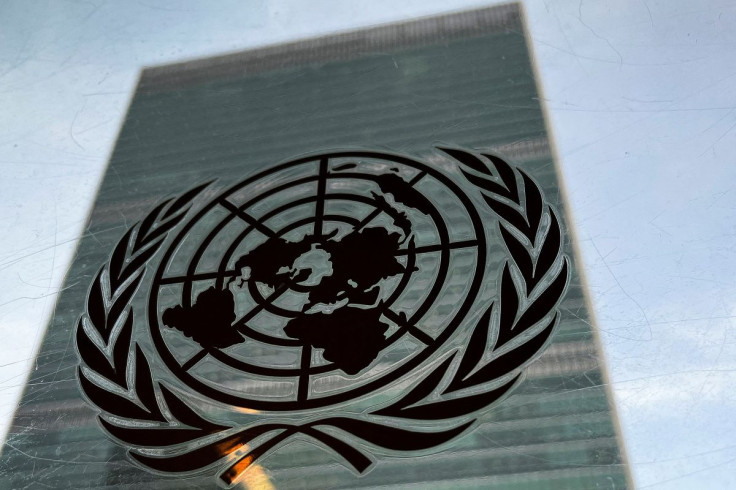UN To Urge Albanese Government To Uphold Global Treaty Obligations As NT Lowers Criminal Age to 10

The United Nations Committee on the Rights of the Child stated that the Northern Territory's decision to lower the criminal age from 12 to 10 violated Australia's international treaty obligations, and that it will urge Prime Minister Anthony Albanese to acknowledge the country's responsibilities as a signatory.
Committee chair Ann Skelton said she was writing to inform him of Australia's treaty obligations as a signatory to the United Nations Convention on the Rights of the Child.
"The treaty talks about the fact that the minimum age should not be set at too low an age. Over the last 35 years the committee has interpreted that consistently to say that states must set an age and progressively increase it," Skelton told ABC News.
During the first parliament sitting on Thursday, the Northern Territory's new conservative Country Liberal Party government passed legislation lowering the criminal age to 10, fulfilling a key election promise.
The UN recommends a minimum age of 14 for criminal responsibility, with 31 member states urging Australia to adopt the global standard.
In July, the previous NT government had passed a law to raise the criminal age to 12, and to send children aged 10 or 11 into therapeutic treatment. Then, it became the first jurisdiction in Australia to raise the criminal age to 12.
Currently, all Australian states and territories have a minimum age of 10, except ACT, which raised it to 12 last year.
Besides lowering the age of criminal responsibility, NT parliament approved three amendments, including provisions for ram raiding and enacting "boast-and-post" laws.
Under the new legislation, children charged with ram raiding could be sentenced up to 10 years in prison, Sky News reported.
"What is particularly concerning is that once a state has committed itself and has actually set a minimum age, this idea of going back is, I would say, in contravention of the Convention," Skelton said.
While NT has the highest number of children in detention, based on figures from the Australian Institute of Health and Welfare, 94% of the imprisoned children were Aboriginals, as per the Children's Commissioner report.
"By lowering the age of criminal responsibility, we can intervene earlier in a young person's life and provide them the support they need to turn a new page, and start a better journey of skills training," Chief Minister Lia Finocchiaro stated.
Earlier, the NT government had opposed an amendment by Yolŋu elder and independent politician Yiŋiya Guyula that sought to prevent the detention of 10 to 11-year-old children in juvenile detention centers.
"Territorians overwhelmingly voted for this change in the election seven weeks ago," Finocchiaro said. "The status quo simply can't continue. Territorians want to feel safe again and our troubled youths need earlier intervention."
NT is building a new children's prison in Darwin, after a royal commission recommended the closure of the Youth Detention Centre in the region.
Education Minister Jo Hersey said the ram raiding by young people affected businesses.
"Businesses suffered thousands of dollars in damage from these ram raids with the stolen vehicles," she said.
Meanwhile, National Children's Commissioner Anne Hollonds said she will urge the prime minister to prioritize child welfare at the national cabinet level, after her request to meet Finocchiaro was turned down.
Expressing deep disappointment that the criminal justice system was viewed as the only solution to these issues, Hollonds stressed that stronger child protection, healthcare, education, and social services were needed to address the root causes of crime.
© Copyright 2025 IBTimes AU. All rights reserved.





















